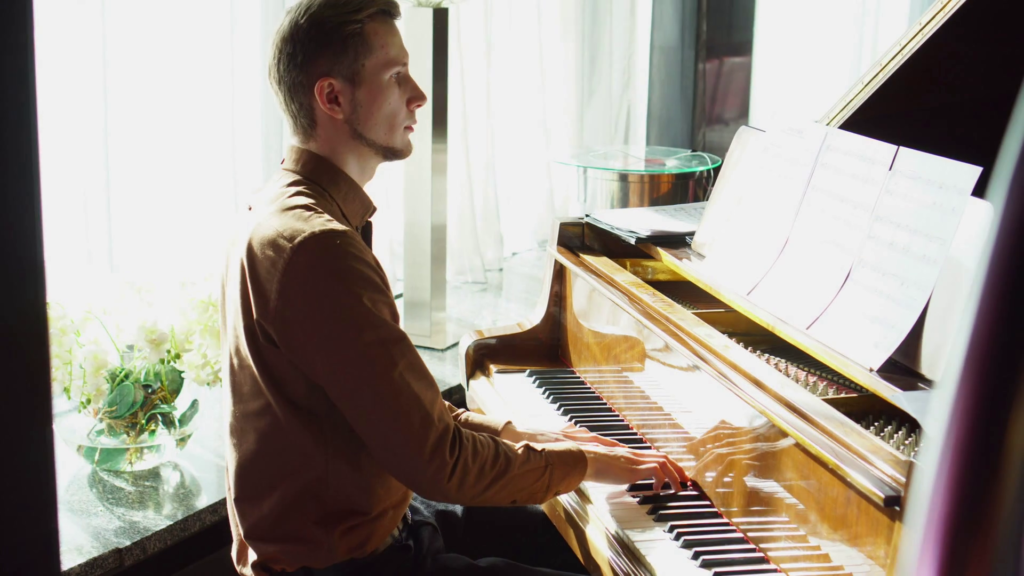IWIM Blog, Your instrument
Top Tips on Buying a Piano
Tips on Buying a Piano
Q. What is the first step towards purchasing a piano for my family?
A. Purchasing a piano for your family can create a lifetime of enjoyment and intellectual stimulation. Before you spend money for either a new or used piano, a little preparation is helpful so that you purchase a piano that is appropriate for your needs and will ensure your family’s musical success. The best way to accomplish this is to visit your local retail piano dealer. Find a dealer that has a large selection of new and used pianos at various prices. When you play each piano, discover which piano keyboard has the touch most responsive to your fingers. Listen to many pianos to discover which tone is most appealing. Once you discover what you want to purchase, and have an idea of the cost, you can either purchase a new or used piano from the retail dealer or attempt to locate a used piano privately.
Q. Should I get an upright, digital, or keyboard?
Many purists believe that acoustic pianos are the only instrument you should be practicing on and that anything else is a waste of time, effort, and money. However, these purists are ignoring the individual needs of different people, as there are many instances in which a digital piano would be a better option. In terms of maintenance, a digital piano easily wins out over an acoustic piano. Acoustic pianos are made from natural materials such as wood, felt, cork and leather. These materials degrade over time and wear with use. The strings in an acoustic piano will go out of tune over time. It is recommended that an acoustic piano is tuned once every 6 months. According to the Australian Music Examinations Board, digital pianos must meet a few specifications. They need to have 88 notes, they must have fully weighted and touch sensitive keys, and they must have fixed pedals functioning the same as an acoustic piano. Digital pianos may only be used in examinations up to Grade 4. Beyond Grade 4, acoustic pianos must be used during the examination.


Q. What are the differences between buying a piano from a retail dealer or a private individual?
A. When purchasing a new or used piano from a retail dealer, you’ll find:
- new pianos usually come with a manufacturers warranty, a complimentary tuning, moving, and more cabinetry and finish choices.
- used pianos are generally reconditioned, and they usually come with a dealer warranty, moving and complimentary tuning.
- many dealers have a trade-up policy that will give you the full purchased price of your piano when you desire a higher quality piano.
When purchasing a used piano privately, you’ll find:
- they are generally less expensive than retail, assuming the seller has a realistic understanding of the value and condition of their piano.
- your search requires extra travel to several homes to locate a suitable piano.
- there is no warranty.
- the moving cost is usually the responsibility of buyer.
- less selection in furniture cabinetry and finish.
Q. How much money is required to purchase a piano for my family?
A. Pianos are like anything else, you get what you pay for! If your goal is to have music provide a lifetime of enjoyment and intellectual stimulation for your children, you need to seriously consider making a reasonable investment in their future. New students, especially young children, actually require a piano with keys that are very touch sensitive. With their small fingers, if the piano keyboard mechanism is not adjusted properly, the children will have great difficulty achieving the muscle memory required for higher-level playing. Purchasing a quality piano will substantially increase your child’s success.

